Arkansas250 Marker Initiative
Installing historical markers on the occasion of an anniversary year has a long tradition in Arkansas. Many of the state’s oldest historical markers were placed during Arkansas’ statehood centennial in 1936. The Arkansas250 Commission is continuing this tradition by initiating a historical marker program to recognize some of the state’s most significant historic sites from the past 250 years. A set of six historical markers will be placed at different historic sites across the state.
Produced by Sewah Studios, a foundry in Ohio that is owned by native Arkansans, the six markers ordered to date will commemorate Arkansas Post, the Old State House, the Buffalo National River, the Louisiana Purchase survey initial point, Crater of Diamonds State Park, and Bauxite. All of these sites have national, if not global, significance.
The markers will feature a custom design based on existing patterns and colors in the Sewah repertoire. A metal pattern for each marker will be typeset by hand and used to create a mold in packed sand. The marker is cast by pouring molten aluminum into this mold. Once hardened, the plaque is cleaned and tidied up, then colored to specification using a durable baked-on powder coat and hand-painted details. The markers will be complete in time to install them in 2026 at their respective sites, where they will proudly proclaim Arkansas' heritage for decades to come.

A mockup of the future Arkansas250 Historical Marker for Bauxite, AR.
New Marker Locations
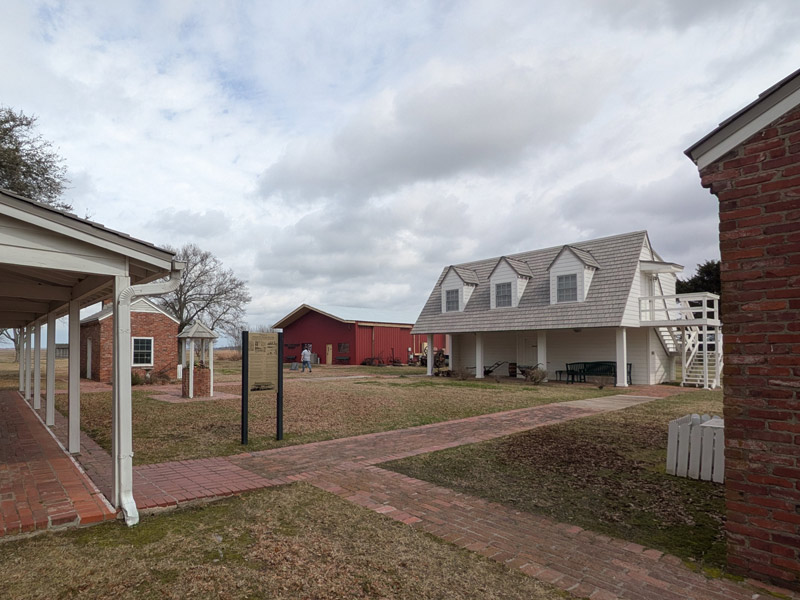
Arkansas Post
Arkansas Post was the earliest European settlement in what is now Arkansas and was the site of the only Revolutionary War battle fought here.
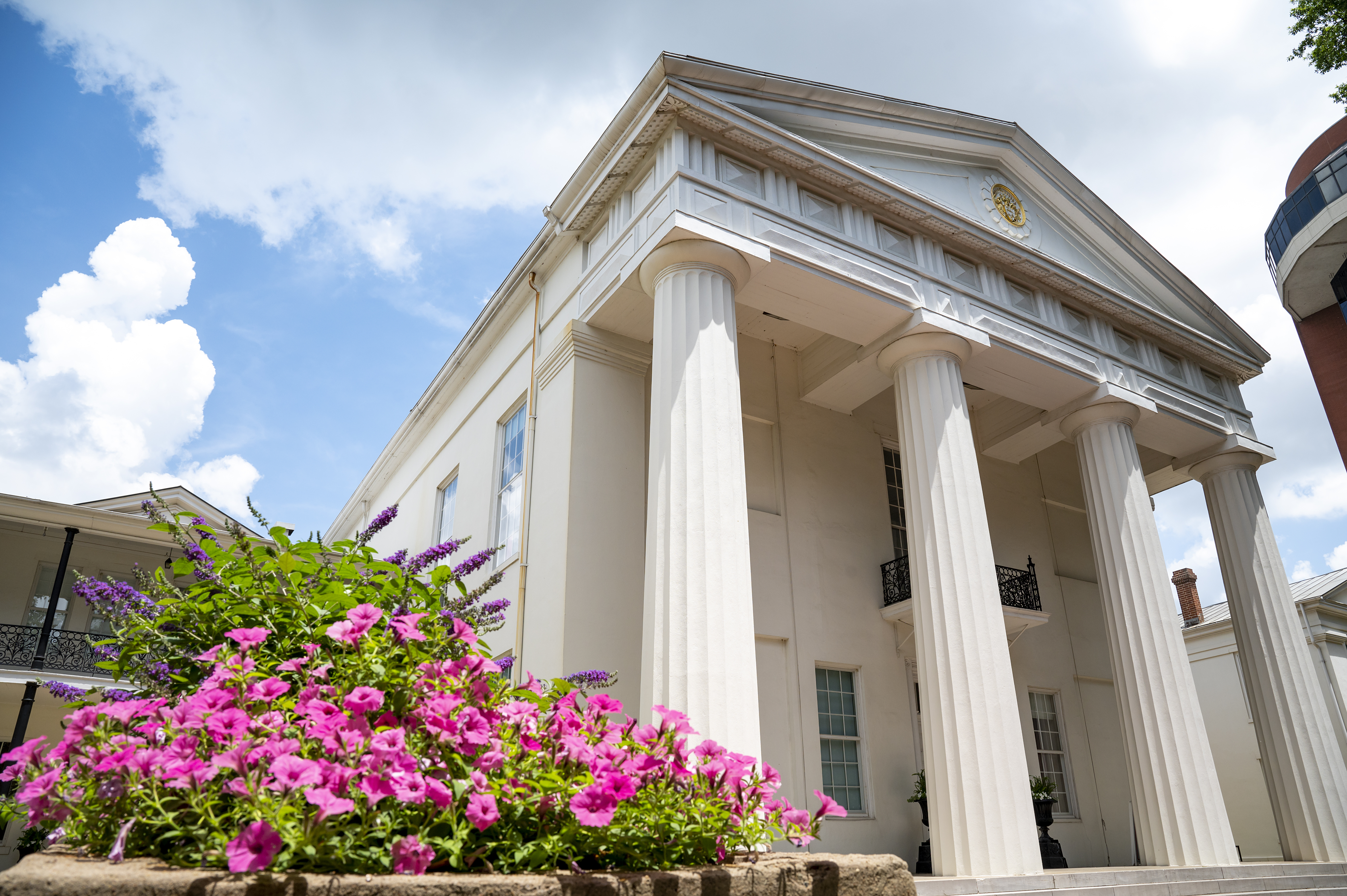
Old State House
The Old State House was Arkansas’ first state capitol and, in later years as the home of the state Board of Health and University of Arkansas Medical Department, was associated with nationally significant breakthroughs in the control of malaria and hookworm.
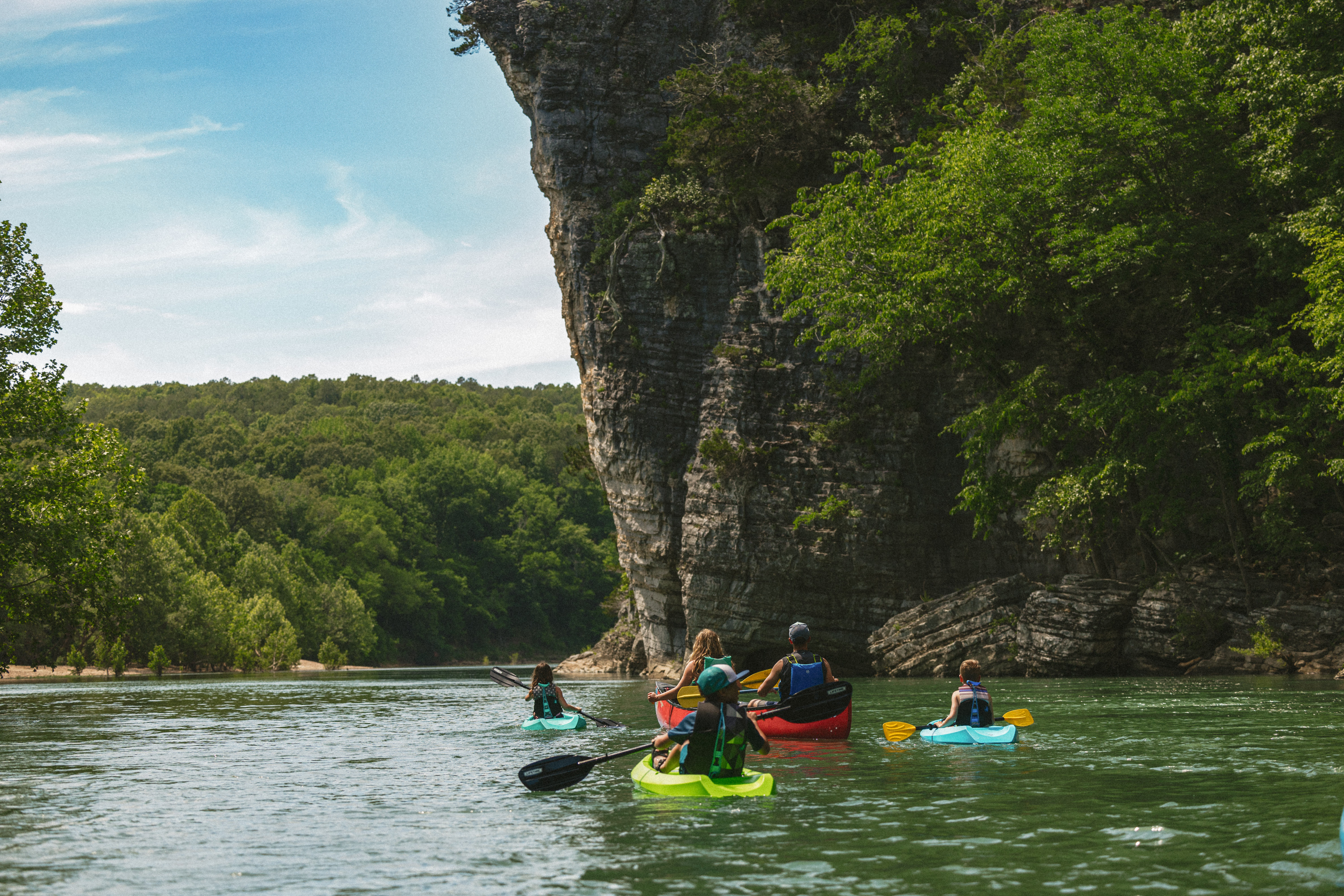
Buffalo River
The Buffalo River became America’s first national river and has been protected as one of our country’s few remaining free-flowing streams.
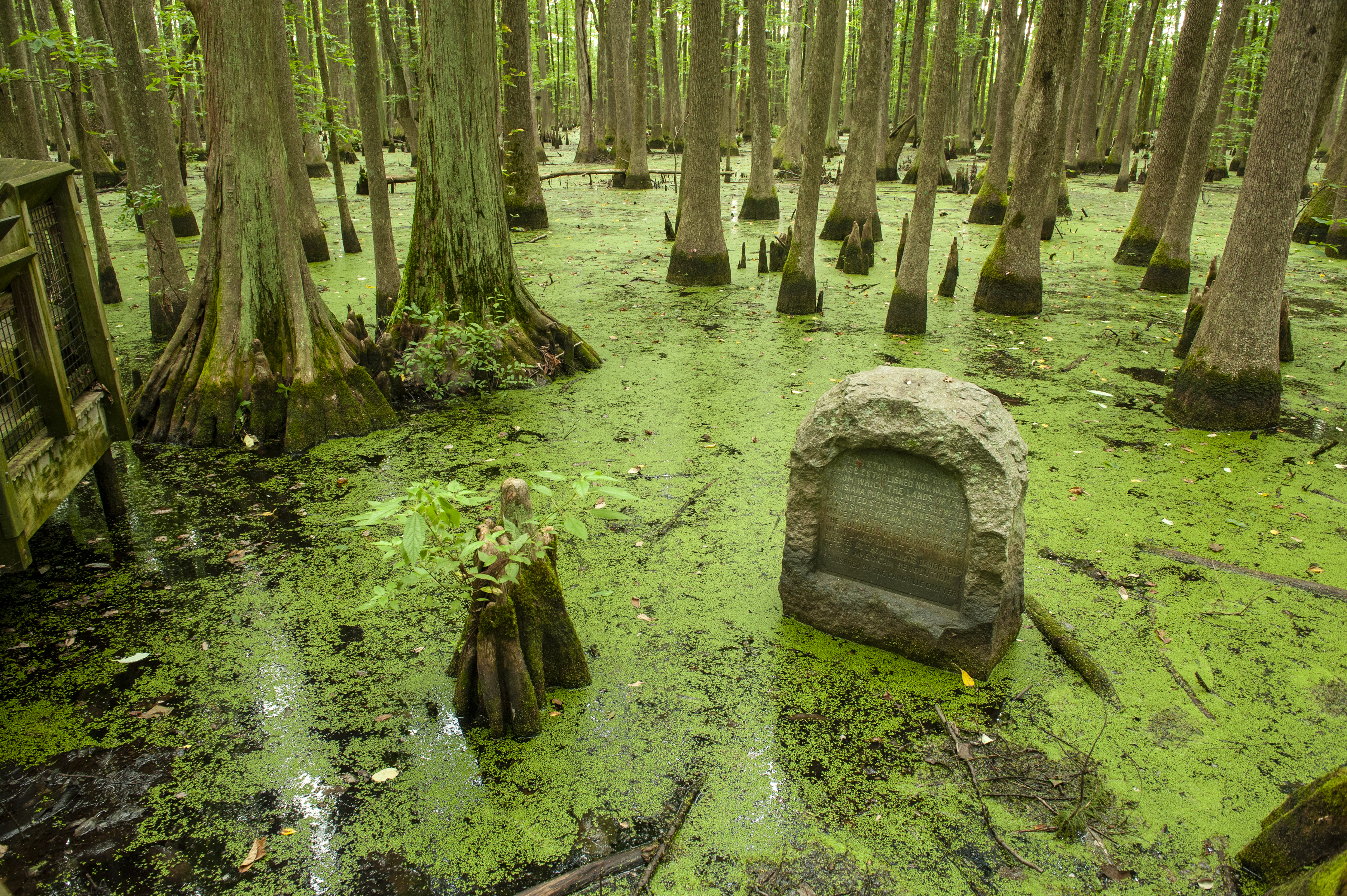
Louisiana Purchase
Most of the Louisiana Purchase territory, including several state and county boundary lines—was surveyed using an initial point in Arkansas.
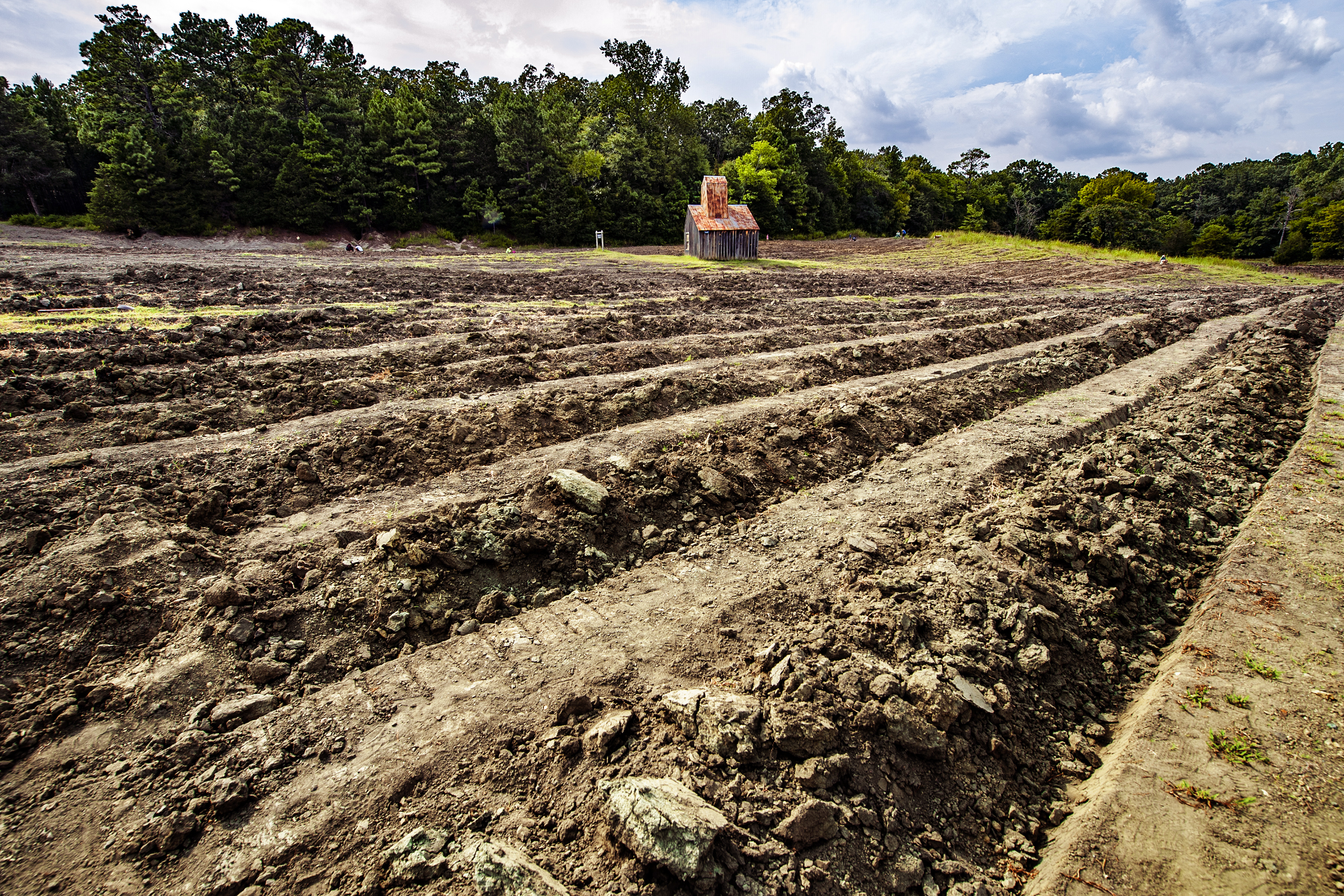
Crater of Diamonds
Crater of Diamonds State Park is unique in the world as the only place where the public can dig for diamonds at their source.
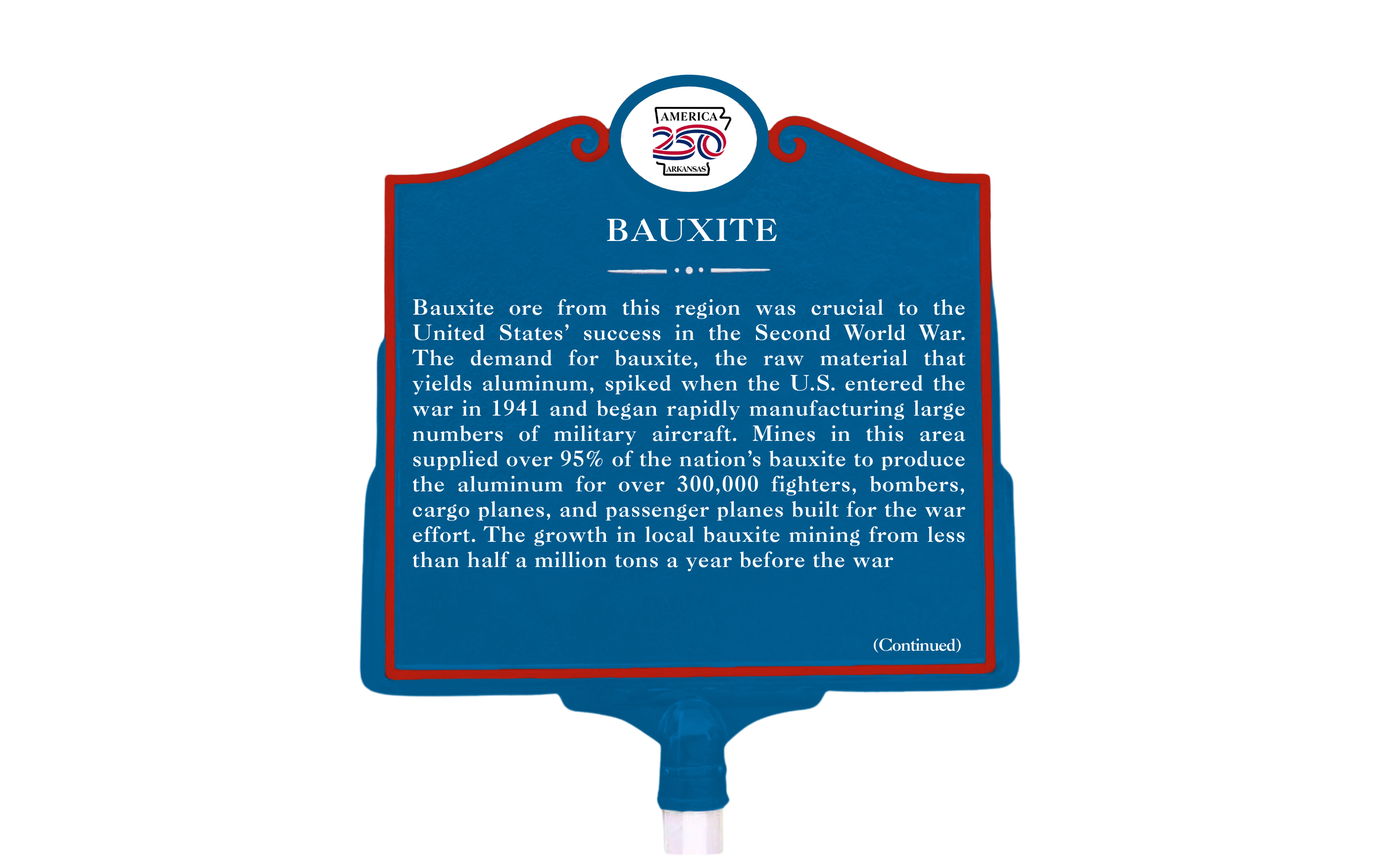
Bauxite
The ore that gave the community of Bauxite its name was mined there in large quantities to produce the vast majority of the aluminum needed for the American military aircraft that helped win World War II.
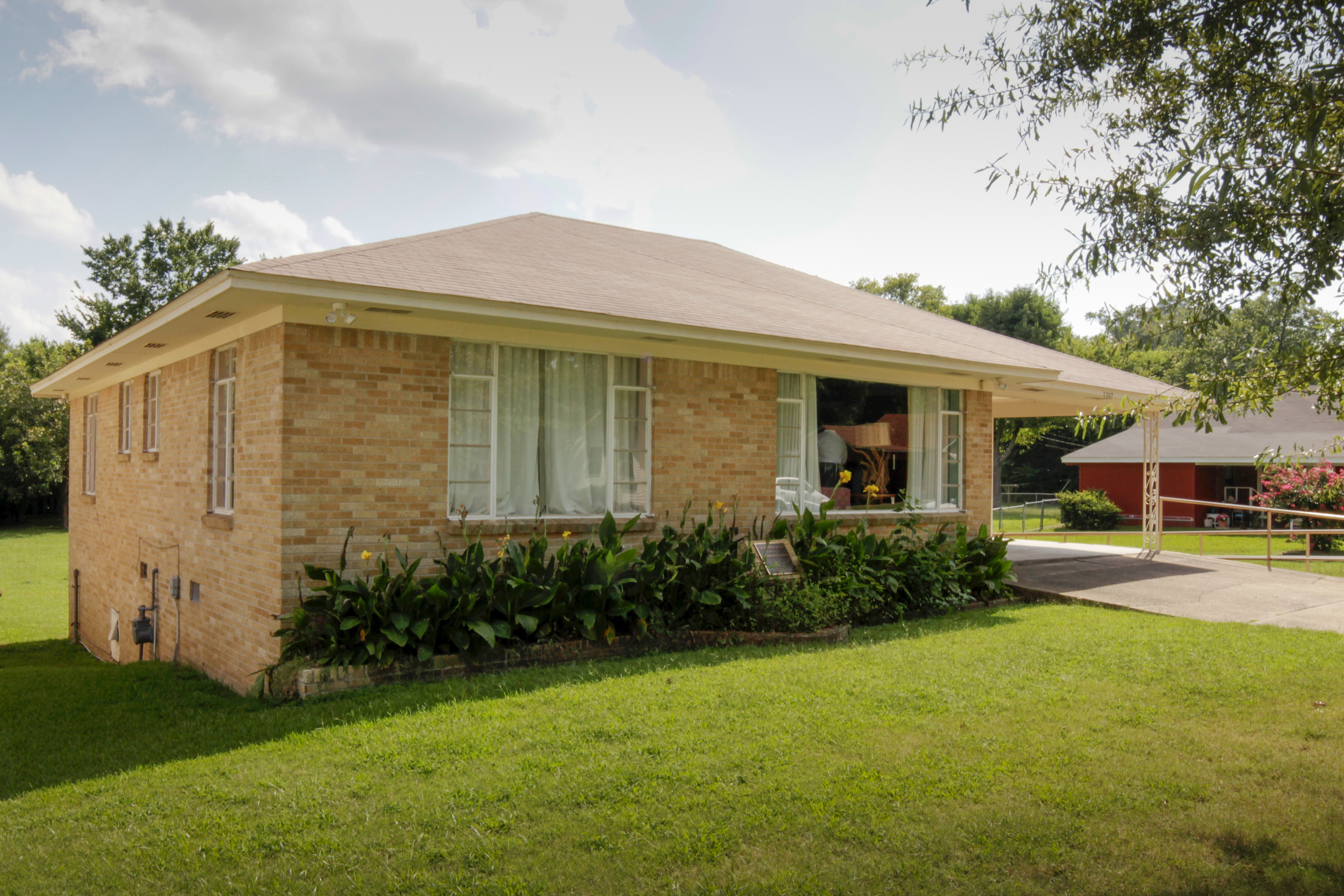
Daisy Bates House
The Daisy Bates House National Historic Place was the house from which the Little Rock Central High Nine were picked up and dropped off before school each day. L.C. and Daisy Bates lived at the house during the Central High School desegregation crisis.

Hattie Wyatt Caraway
Jonesboro resident Hattie Caraway became the first woman elected to the U.S. Senate in 1932, winning two full terms and supporting major initiatives such as defense projects in Arkansas and the Equal Rights Amendment.
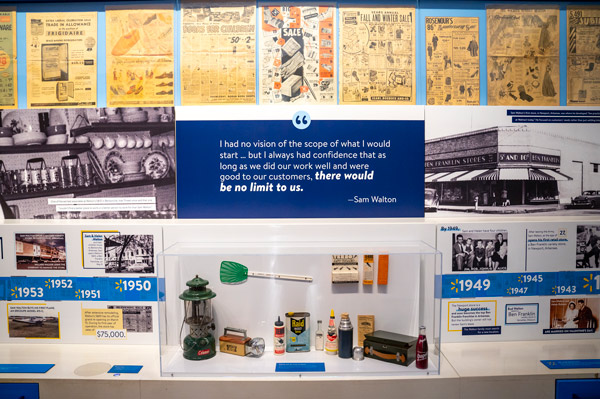
Walmart
Walmart began in Rogers in 1962, growing from Sam Walton’s earlier stores into a global retail leader. Walton’s innovations—from centralized distribution to employee profit‑sharing—fueled rapid expansion. By 2001 Walmart was the world’s largest retailer, later extending its reach through supercenters and online commerce.
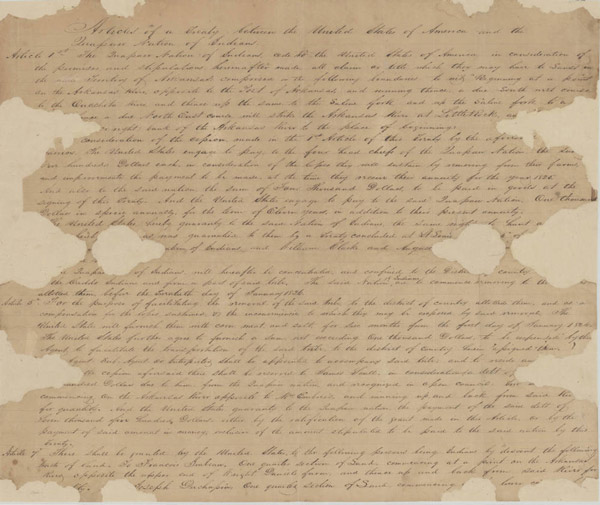
Quapaw Treaty of 1824
In 1818 and 1824, Quapaw leaders signed treaties ceding their Arkansas lands after decades of population loss and pressure from American settlement. Forced from their Delta homelands, the Quapaw ultimately relocated to Indian Territory, now Oklahoma.
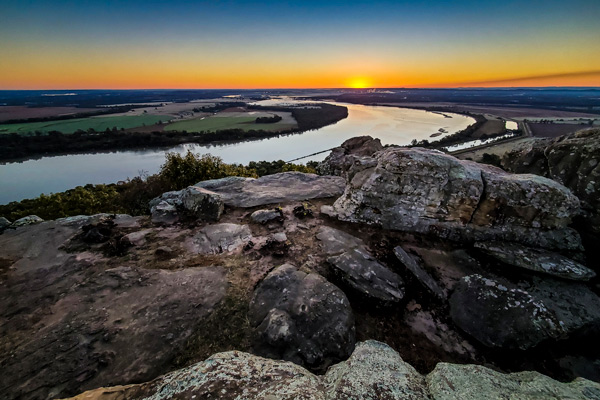
Petit Jean State Park
Petit Jean State Park was created in 1923 as Arkansas’ first state park and has grown from 80 to 3,400 acres. It launched the state park system whose trails, lakes and historic structures have inspired generations of outdoor enthusiasts while protecting some of the Natural State’s most iconic landscapes.